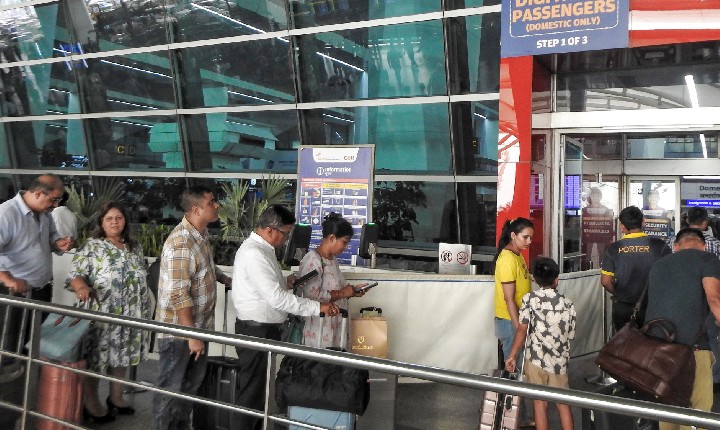New Delhi: Cybersecurity experts on Friday said that businesses must test their infrastructure and have multiple fail safes in place, however large the company is, as a massive Microsoft Windows outage created mayhem across the world, including in India — disrupting airlines, financial institutions, hospitals and more.
Millions of Windows users globally faced the ‘Blue Screen of Death’, leading to unexpected computer shutdowns.
Jake Moore, Global Security Advisor at ESET, said that it is simply impossible to simulate the size and magnitude of the issue in a safe environment without testing the actual network.
“The inconvenience caused by the loss of access to services for thousands of people serves as a reminder of our dependence on Big Tech such as Microsoft in running our daily lives and businesses,” he said.
Another aspect of this incident relates to “diversity” in the use of large-scale IT infrastructure. This applies to critical systems like operating systems (OSes), cybersecurity products, and other globally deployed (scaled) applications.
“Where diversity is low, a single technical incident, not to mention a security issue, can lead to global-scale outages with subsequent knock-on effects,” Moore said.
Cybersecurity platform CrowdStrike on Friday said it is actively working with customers impacted by a defect found in a single content update for Windows hosts. The company said Apple Mac and Linux hosts are not impacted.
According to Satnam Narang, senior staff research engineer, at cyber-security company Tenable, the outage affecting computer systems worldwide is severe.
“Because this is a security software, it requires a higher level of privileges to the underlying operating system, so a bad or faulty security update can result in a catastrophic impact,” said Narang.
This event was unprecedented and the ramifications of it were still developing.
Siddhartha Khemka, Head-Retail Research, Motilal Oswal Financial Services Ltd, said the Microsoft outage impacted a lot of large organisations, airlines and stock exchanges globally. According to Alexander Liskin, Head of Threat Research, Kaspersky, to avoid such situations, information security vendors need to be highly responsible for the quality of the updates they release.
“It is also important to adhere to the principle of a granular release of updates. This means that they are not distributed globally to all customers simultaneously, but gradually, so that in case of any unforeseen failure, it is possible to localize and fix it quickly,” he advised.
(IANS)















